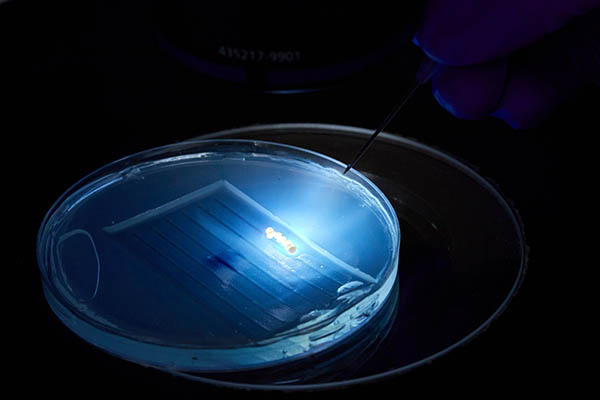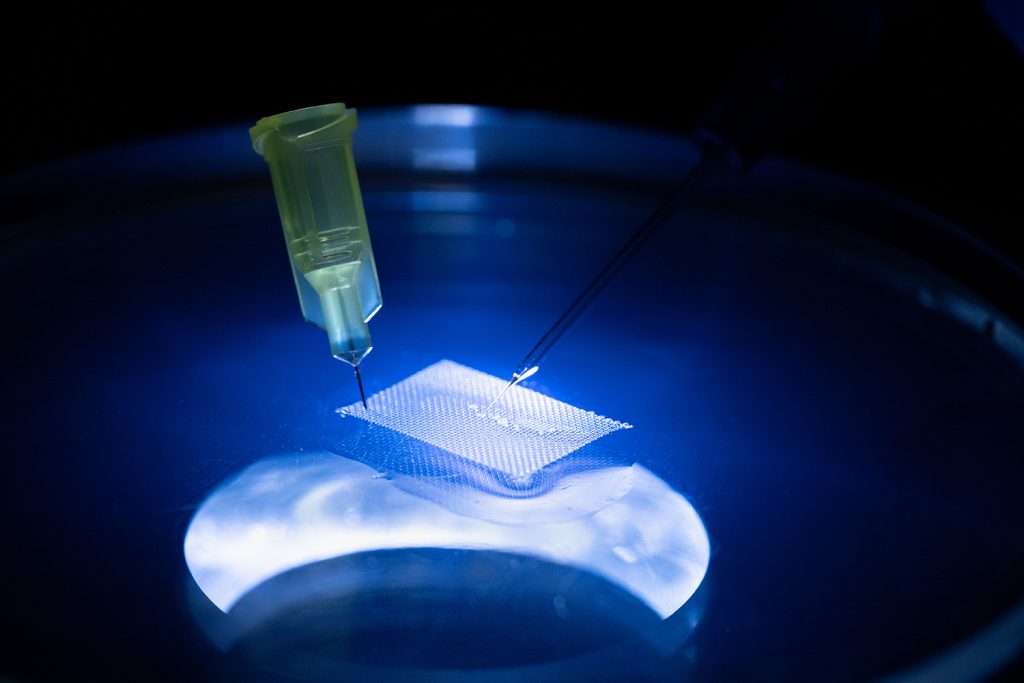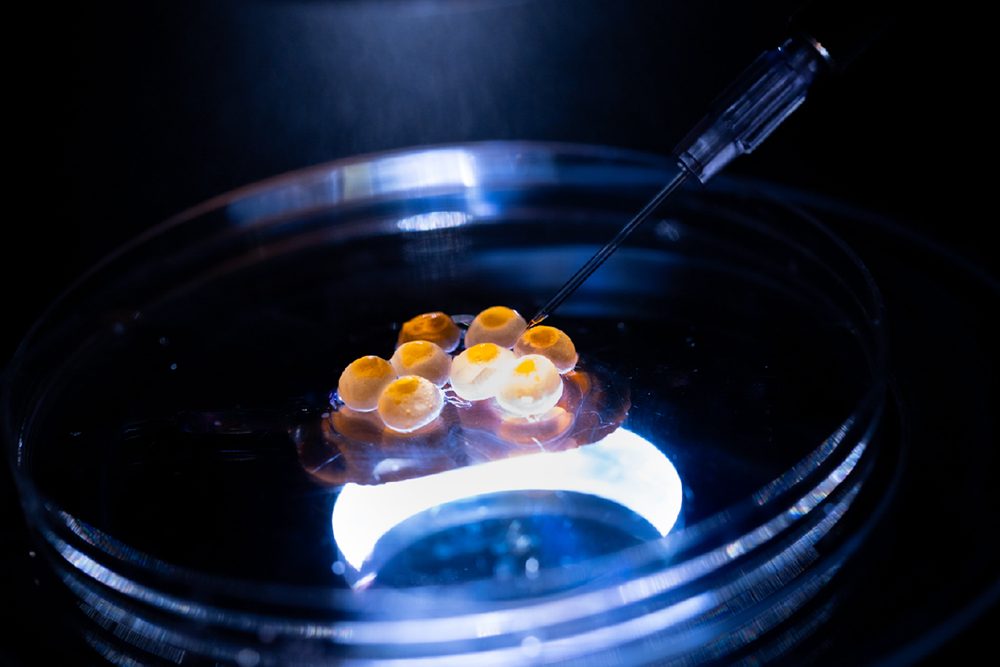Innovative CRISPR gene editing technology tailored for aquaculture improves safety and unimpeded legal accessibility

The Center for Aquaculture Technologies (CAT), a provider of genetics solutions in aquaculture, is partnering with C4U Corporation, a Japan-based biotech company, to apply CRISPR-Cas3 technology to promote genome editing in major commercial fish species and drive technological advancements within the industry.
CRISPR-Cas3 technology was developed from the research work of Professor Tomoji Mashimo, currently at the Institute of Medical Science, University of Tokyo, who is also a co-founder of C4U, along with other contributions.
The CRISPR-Cas3 platform provides unique advantages, such as increased safety through a reduction in unintended mutations and the capability for broad gene alterations near the target site. It stands out as an attractive option for genome editing, unencumbered by the intricate patents associated with CRISPR-Cas9, offering a practical substitute.
“Our commitment through C4U – CRISPR for you – is to democratize this advanced technology, ensuring it is accessible for improving health outcomes and sustainable food production,” said Akimitsu Hirai, president and CEO of C4U. “The name C4U encapsulates our vision of bringing the benefits of CRISPR technology directly to the industries that need it most, from medical therapies to enhancing aquaculture’s growth, aligning with CAT’s mission to meet the global food demand responsibly.”
According to CAT, genome editing presents “the most feasible and sustainable pathway” to meet the world’s increasing food requirements and contribute to the economic vitality of the aquaculture sector.
“Our collaboration with C4U is a key part of our mission to introduce advanced genome editing technologies to aquaculture,” said John Buchanan, CEO of CAT. “We are invested in pursuing relationships that propel the industry forward, addressing the global food demand sustainably and responsibly.”
Now that you've reached the end of the article ...
… please consider supporting GSA’s mission to advance responsible seafood practices through education, advocacy and third-party assurances. The Advocate aims to document the evolution of responsible seafood practices and share the expansive knowledge of our vast network of contributors.
By becoming a Global Seafood Alliance member, you’re ensuring that all of the pre-competitive work we do through member benefits, resources and events can continue. Individual membership costs just $50 a year.
Not a GSA member? Join us.
Author
-
Responsible Seafood Advocate
[103,114,111,46,100,111,111,102,97,101,115,108,97,98,111,108,103,64,114,111,116,105,100,101]
Tagged With
Related Posts

Innovation & Investment
Overcoming the ‘sterility paradox’: How new gene editing technology can solve it and benefit aquaculture
GOAL 22: Monosex sterile fish are good for farms but not hatcheries. The Center for Aquaculture Technologies solves this paradox at commercial scale with novel gene-editing technology.

Health & Welfare
Gene editing eyed as a potential sea lice solution
A Nofima-led study is exploring the possibilities of using gene editing to make salmon more resistant to sea lice.

Innovation & Investment
With tools like CRISPR, can genome editing deliver more resilience for aquaculture?
Research in Japan shows genome editing can improve muscle growth in farmed fish, resulting in less feed and boosting disease resistance.

Health & Welfare
Genome editing: Potential to improve aquaculture breeding, production, Part 1
Due to high fecundity and external fertilization, most aquaculture species are amenable to genetic improvement technologies, including genome editing.



